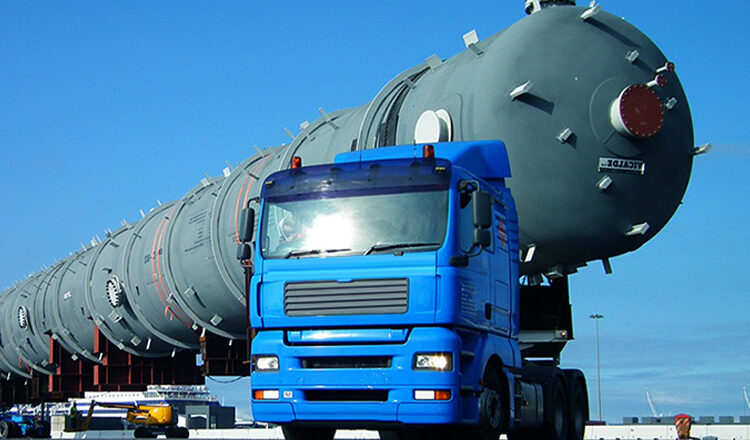The global shipping industry is vital in connecting businesses and economies worldwide. In today’s fast-paced world, the speed and capacity of ships have increased, making seaborne transport one of the most cost-effective methods of transporting goods. This is because maritime transport is relatively cheap per ton and uses less fuel per ton transported.
ODC, or Over Dimensional Cargo, is a type of cargo that extends beyond the normal loading deck of the transport vehicle. This could include cargo that bulges outside of the deck or cargo that hangs over the edge of the deck. ODC is typically transported using flat racks or open-top containers.
If the length, width, or height of a consignment exceeds the Standard Moving Dimensions at any point during transport, then it is referred to as an over-dimensioned consignment (ODC), also known as an out-of-gauge load.
Did you know? Maritime transportation cargoes can be classified into several categories, each of which requires the use of a specialized ship. The two primary categories are general cargo and bulk cargo. General cargo is unitized (transported in predefined load units), while bulk cargo is unpackaged and loose (transported in any quantity).
General cargo ships can typically be subdivided into three categories:
Breakbulk, Neobulk, and Containerized.
- Break Bulk: This category of cargo includes items that are carried in drums, bags, pallets, or boxes. These types of ships usually have gears.
- Neo Bulk: This category is for cargo where each pre-packaged unit is accounted for, such as lumber (bundles), paper (rolls), steel, and vehicles.
- Containerized: As container shipping became more popular, a new category for general cargo was created in which items are transported in container load units.
Bulk cargo can further be divided into two categories:
- Liquid Bulk: The most popular liquid bulk that is transported by tankers is liquefied natural gas (LNG), which is a newer commodity. Tankers are ships that primarily transport liquids in bulk.
- Dry Bulk: This category covers a wide variety of materials such as coal, iron ore, grains, bauxite, and sand.


